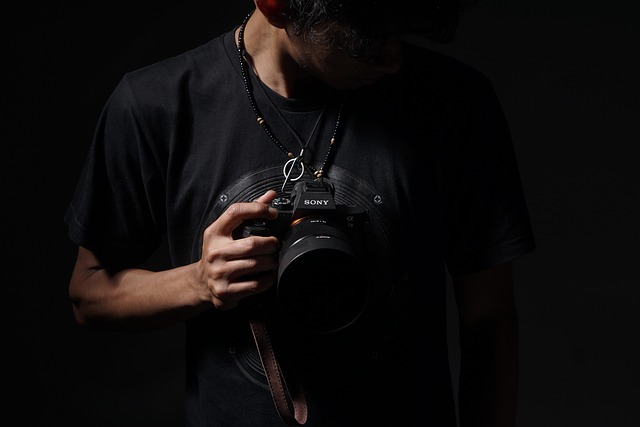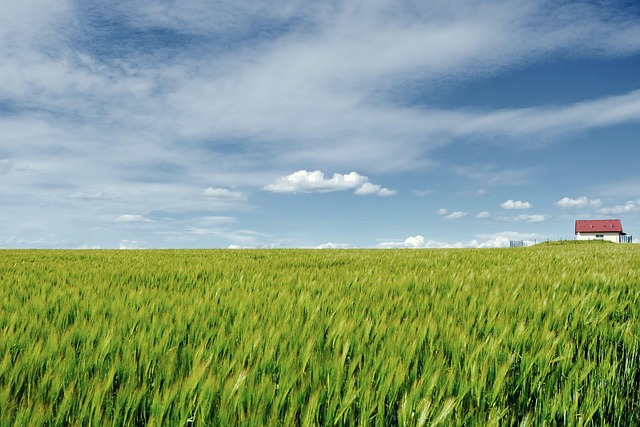5 Essential Photography Tasks Every Photographer Should Master
Photography is more than just pointing a camera and pressing a button. To truly capture the world in a way that resonates, photographers must hone a variety of photography tasks that help elevate their craft. Whether you’re a budding enthusiast or an established artist, mastering these essential tasks will not only improve your skills but also deepen your connection to the art form.
1. Understanding Your Camera
The first step in any photographer’s journey is developing a comprehensive understanding of their camera. Familiarize yourself with its settings, buttons, and modes. This knowledge will allow you to respond instinctively to different situations and conditions. Spend time exploring features like ISO, aperture, and shutter speed, and practice adjusting them on the fly.
2. Composition Techniques
Composition can make or break an image. Mastering the rule of thirds, leading lines, and framing will help you create visually compelling photographs. Additionally, don’t hesitate to experiment with breaking these rules to develop your unique style. Remember, every great photograph tells a story, and your composition should guide the viewer’s eye through it.
3. Post-Processing Skills
In the digital age, the final touch often comes from post-processing. Learning how to use software like Adobe Lightroom or Photoshop can significantly enhance your images. This photography task involves adjusting exposure, contrast, and colors to bring your vision to life. Start with basic editing tools and gradually explore more complex techniques as you build confidence.
4. Lighting Mastery
Lighting is crucial in photography. Understanding how natural light interacts with your subject can take your images to the next level. Experiment during different times of the day, such as the golden hour, to witness how soft sunlight transforms a scene. Additionally, learn to use artificial lighting and diffusers to manipulate indoor environments effectively.
5. Developing a Consistent Workflow
Efficiency is key in photography, and developing a consistent workflow for capturing and processing images can save you time and stress. Whether it involves organizing files immediately after a shoot or establishing a routine for edits, having a streamlined approach will not only help you stay organized but will also enhance your productivity as a photographer.
By mastering these photography tasks, you will not only enhance your technical skills but also enrich your artistic expression. Photography is a journey that requires patience, practice, and a willingness to learn. Embrace each task as a stepping stone toward your personal and professional growth in this beautiful art form.



